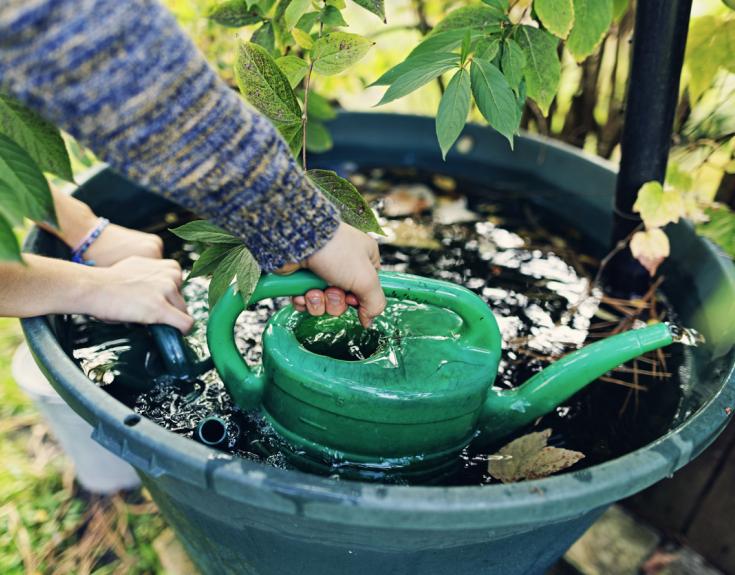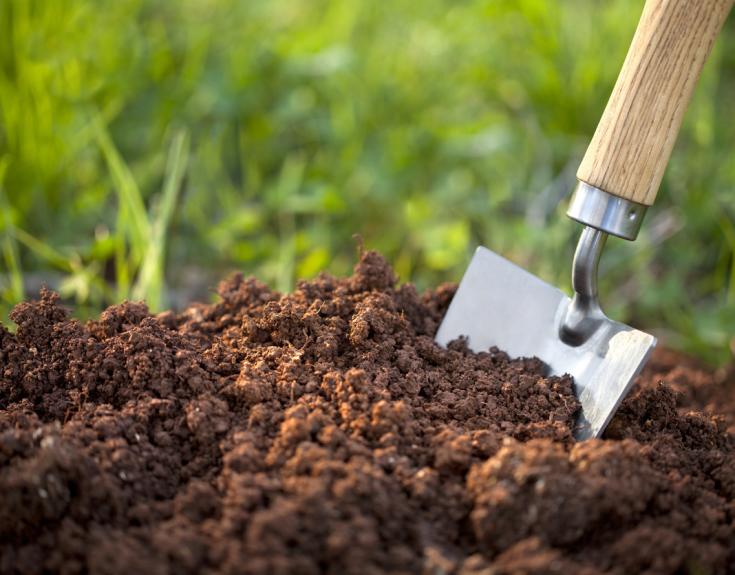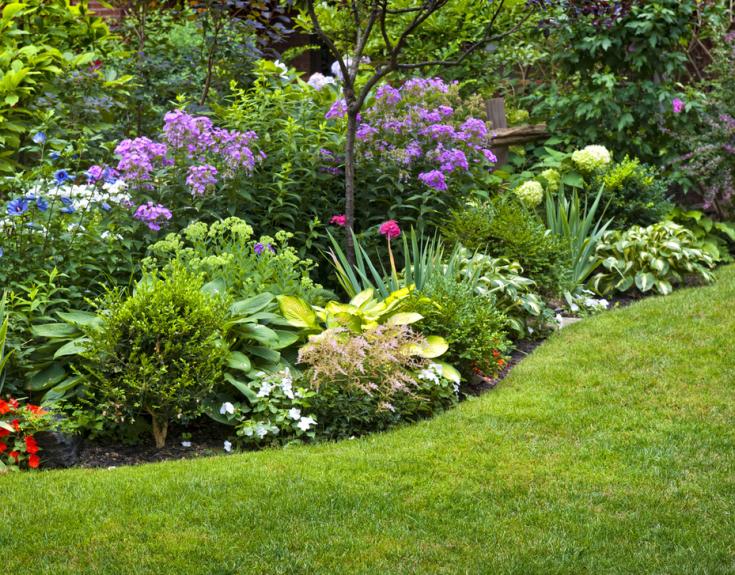Are you looking for a way to keep your garden in tip-top shape this summer while also reducing your environmental footprint? Sustainable gardening practices can help you do just that! From choosing native plants to mulching and composting, there are plenty of eco-friendly tips you can use to keep your garden healthy and beautiful this summer.
Related articles
Blog

Top tips for a successful move
Moving home is an exciting time and a great opportunity for a fresh start.
Blog

Create a social space in your home this summer
With Cameron Homes, you will have a blank canvas to design a garden space that works for you.
Blog

Learning at work week
Tara Group, which consists of Chasetown Civil Engineering, Cameron Homes and Keon Homes, has always been committed to providing continuous learning for its employees.





